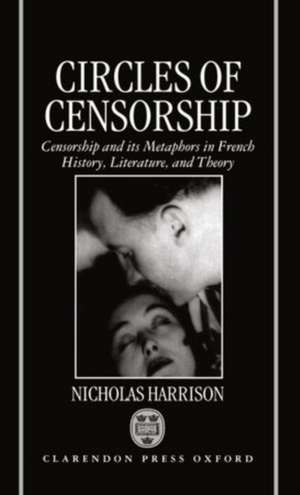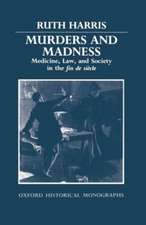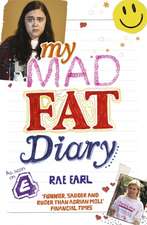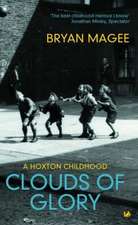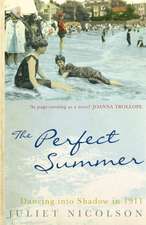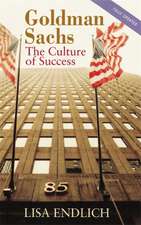Circles of Censorship: Censorship and its Metaphors in French History, Literature, and Theory
Autor Nicholas Harrisonen Limba Engleză Hardback – 17 ian 1996
Preț: 247.31 lei
Preț vechi: 323.18 lei
-23% Nou
Puncte Express: 371
Preț estimativ în valută:
47.32€ • 49.41$ • 39.17£
47.32€ • 49.41$ • 39.17£
Carte tipărită la comandă
Livrare economică 24-31 martie
Preluare comenzi: 021 569.72.76
Specificații
ISBN-13: 9780198159094
ISBN-10: 0198159099
Pagini: 256
Dimensiuni: 143 x 224 x 19 mm
Greutate: 0.45 kg
Editura: Clarendon Press
Colecția Clarendon Press
Locul publicării:Oxford, United Kingdom
ISBN-10: 0198159099
Pagini: 256
Dimensiuni: 143 x 224 x 19 mm
Greutate: 0.45 kg
Editura: Clarendon Press
Colecția Clarendon Press
Locul publicării:Oxford, United Kingdom
Recenzii
absorbing and stimulating book
stimulating and well-researched book. ... This is certainly a fascinating and readable account of the complex and ambiguous relationship between writer and censor, whether on legal-historical or psycho-analytic levels.
stimulating and well-researched book. ... This is certainly a fascinating and readable account of the complex and ambiguous relationship between writer and censor, whether on legal-historical or psycho-analytic levels.
